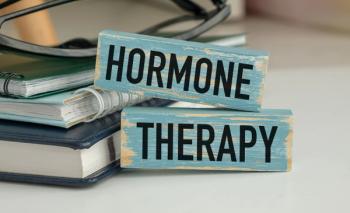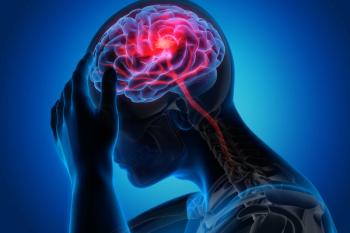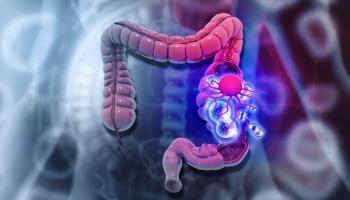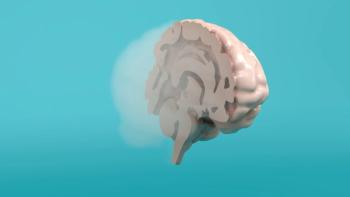
Life Transitions
Latest News
Latest Videos

CME Content
More News

A large TriNetX analysis found hormone therapy use in postmenopausal women was linked to a higher incidence of autoimmune diseases.

Researchers from found that hormone replacement therapy may restore immune function changes linked to menopause.

A national poll finds most women underestimate diet’s role in reducing menopause symptoms, despite evidence for plant-based diets with soy.

Vaginal estrogen tablets were not associated with increased risk of recurrent ischemic stroke in postmenopausal women with prior stroke.

Epigenetic aging raises colorectal cancer risk in postmenopausal women, but higher fruit and vegetable intake may help offset this risk.

Study finds women 65+ experience sexual dysfunction at rates similar to midlife women but report less distress over sexual health concerns.

Increasing daily sit-to-stand transitions lowered diastolic blood pressure in postmenopausal women, offering a simple strategy to support heart health.

"The FDA did not raise any concern regarding the general approvability of elinzanetant in its correspondence," according to an anouncement from Bayer.

New research suggests oxytocin could help reduce mood disturbances caused by sleep disruption during menopause and postpartum.

Experts urge the FDA to update outdated warnings on menopausal hormone therapies, emphasizing the safety and benefits of low-dose vaginal estrogen.

Nearly one-third of women with premature ovarian insufficiency experience depressive symptoms, according to a recent study.

A low-fat, soy-rich vegan diet significantly decreases severe hot flashes and supports healthy weight loss, according to new research.

A new study reveals that emotional symptoms such as anger and feeling out of control intensify before menstruation and become more severe during the menopause transition.

In this Q&A, Karyn S. Eilber, MD, shares some of the biggest takeaways from the new AUA/SUFU/AUGS 2025 Guidelines on Genitourinary Syndrome of Menopause.

Angie Lee, MD, FACOG, discusses how clinicians can bridge the gap in menopause care to ensure better outcomes for their patients.

Jill Liss, MD, shares details on her presentation on the physiology of menopause care and how clinicians can use evidence to improve patient care at the 2025 ACOG ACSM.

A meta-analysis presented at 2025 ACOG Annual Clinical & Scientific Meeting found that elinzanetant demonstrated a reduction in VMS frequency and intensity.

New research reveals that maintaining healthy blood iron levels may improve cognitive performance and reduce brain fog in women during the menopausal transition.

New guidelines on GSM recommends symptom-based diagnosis, shared decision-making, and local estrogen as first-line therapy to improve quality of life.

A new study finds that women who experience menopause before the age of 40 years face a higher risk of cognitive decline.

Review some of the top stories from the Contemporary OB/GYN website over the last week, and catch up on anything you may have missed.

The study is among the first to examine dietary patterns relating to overall healthy aging rather than specific diseases or mortality.

A recent study from researchers at the University of Calgary found that a higher frequency of menopausal symptoms i linked to poorer cognitive function and behavioral impairments

Learn how women aged 30 to 35 years may be experiencing symptoms of perimenopause at a younger age than expected, as discussed by Jennifer Lanier Payne, MD, of UVA Health.

Many women experience perimenopause symptoms in their 30s, but most delay treatment. Early awareness can improve care and quality of life.


















